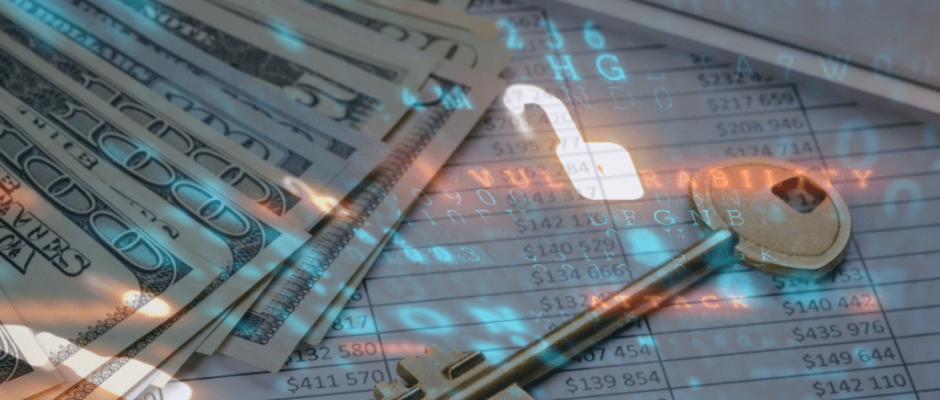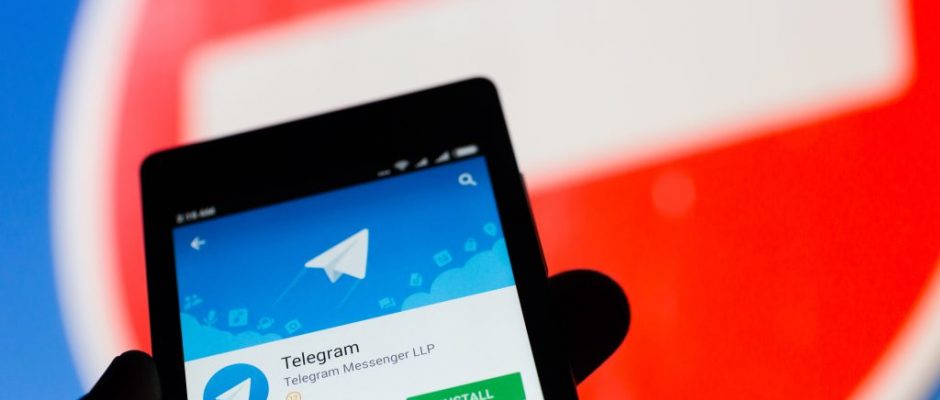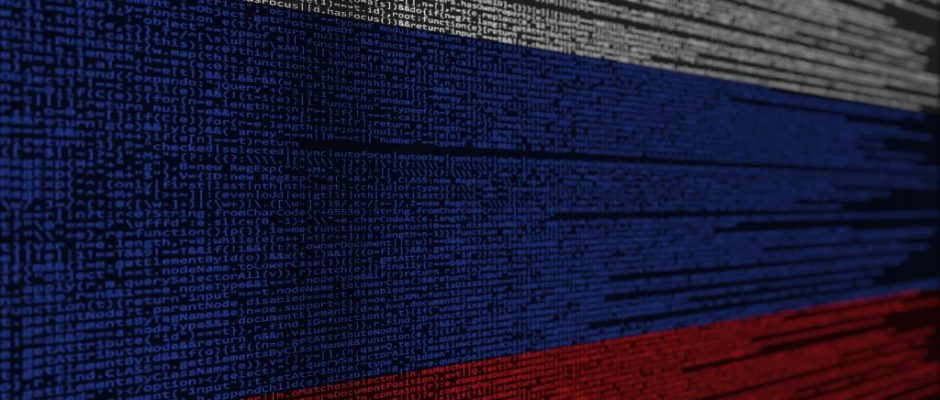Financial services see DDoS attacks double
Financial services companies worldwide saw the number of distributed denial-of-service (DDoS) attacks more than double in the second half of 2024. A DDoS attack is a malicious attempt to disrupt a service by overwhelming it with a flood of internet traffic. In the same period, the total number of DDoS attacks globally grew by 17 percent.
According to global hosting and cloud services company Gcore, the financial services sector saw the most significant rise of any sector in the third and fourth quarters of 2024, with a rise of 117 percent. This marks a consistent overall increase in DDoS attacks quarter on quarter. While the third and fourth quarters of 2024 showed an increase of 17 percent, this represents a 56 percent rise over the same period in 2023.




